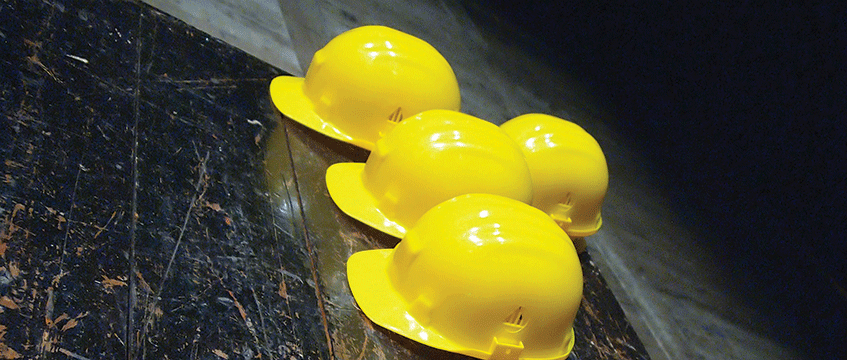Andrew Drennan and Kasia Halliday consider how to attract the next generation of construction dispute expertise.
Construction dispute experts can operate across a diverse range of issues, from alternative dispute resolution, including international arbitration, to dispute avoidance and advisory. Previous generations of experts were drawn to these roles for the opportunity to work on varied, often high-value, highly complex cross-border disputes with diverse teams and clients from different cultural backgrounds.
Appealing to new talent
The industry must focus on attracting a younger and more diverse workforce – not least to unlock a greater talent pool, new ways of working and fresh cultural perspectives that reflect contemporary life.
In the post-Covid, highly digitised era of work, the current generation has specific expectations from their employers, including flexibility and work-life balance, and diverse management and role models.
The industry should seek to understand these expectations and implement the necessary changes to become a more desirable career choice. As the demand for expertise in construction disputes continues to rise, the industry must act now to future-proof itself and ensure that it can entice the right talent.
What needs to change?
Improvements can be made in a number of respects, including:
- Work-life balance – Companies can improve work-life balance by offering flexible or hybrid working routines and emphasising virtual meetings to reduce the requirement for travel. While there are benefits of being in the office and speaking face-to-face with work colleagues, flexible working could, for many, offset the long working hours sometimes required and ease the high-pressure environment leading up to a deadline.
- Sense of personal reward – The new generation is keen to make a personal impact and have a sense of accomplishment at work. Companies trying to attract new talent should create case studies highlighting how effective and efficient dispute resolution leads to positive outcomes.
- Culture of continuous learning – Companies should highlight their own structured training, workshops and learning and development programmes. Professional organisations in the industry can also offer a variety of training and formal events where participants are encouraged to discuss their ideas in an open and safe environment, all of which will be viewed favourably by potential applicants.
- Structured career progression plan – Companies should offer clarity around the career paths available, highlighting responsibilities and milestones. There are a multitude of options and avenues available for construction dispute experts to suit everyone’s interests and skill sets.
- Diversity, equity and inclusion – This is of critical importance, and companies should highlight their DEI commitments and progress in achieving their goals. This ties into the wider point about the demand for transparency – potential recruits want to know not only the values an organisation operates under, but also how it lives up to those values. Introspection, concrete measurement and accountability are crucial.
- Technological advancement – Embracing the latest technological innovations will help companies make the construction disputes field more efficient and dynamic, while also attracting the new generation. At the same time, input from tech-savvy young professionals will enable greater progression in the understanding, development and uptake of digital solutions.
The role of technology
Exploring that last point further, the application of digital solutions can streamline laborious processes, reduce the time needed to complete mundane tasks and ultimately cut costs for the client, while also improving accuracy.
What is most exciting, however, is that by embracing such technology the industry can attract young talent with technical aptitude, opening opportunities for further innovation. The existing digital tools and solutions used in the construction industry continue to advance, requiring professionals to constantly update their skills and technical capabilities.
Furthermore, Gen Z grew up in an era of unprecedented technological advancement, which gives them an advantage but also means that they feel comfortable relying on technology to a much higher degree than the previous generations, hence pushing technological advancement further. Technology in the workplace is a critical factor for Gen Z when making employment decisions, so embracing new technology is a must in order to remain competitive.
It is also not unrealistic to expect that the future use of new tools and technology to manage disputes will require different competencies from those of today. Who better to lead us through these changes than tech-savvy young professionals?
Looking ahead
The field of construction disputes stands at a critical juncture. As with every industry or field of work now, embracing innovation and adapting to the changing requirements and expectations of the next generation of experts will be essential to its future.
Companies will need to adapt their approach to align with the values of younger professionals. From greater commitments to DEI and more flexible work environments to clear career progression and increased use of technology, the industry will need to take a proactive stance to ensure that it is able to attract – and retain – new, tech-savvy talent.
As the demand for construction dispute experts grows, the industry needs to act now to build an inclusive, dynamic and forward-thinking workforce that is equipped to meet the challenges of tomorrow.
Andrew Drennan is managing director and Kasia Halliday is a director at Alvarez & Marsal Disputes and Investigations








